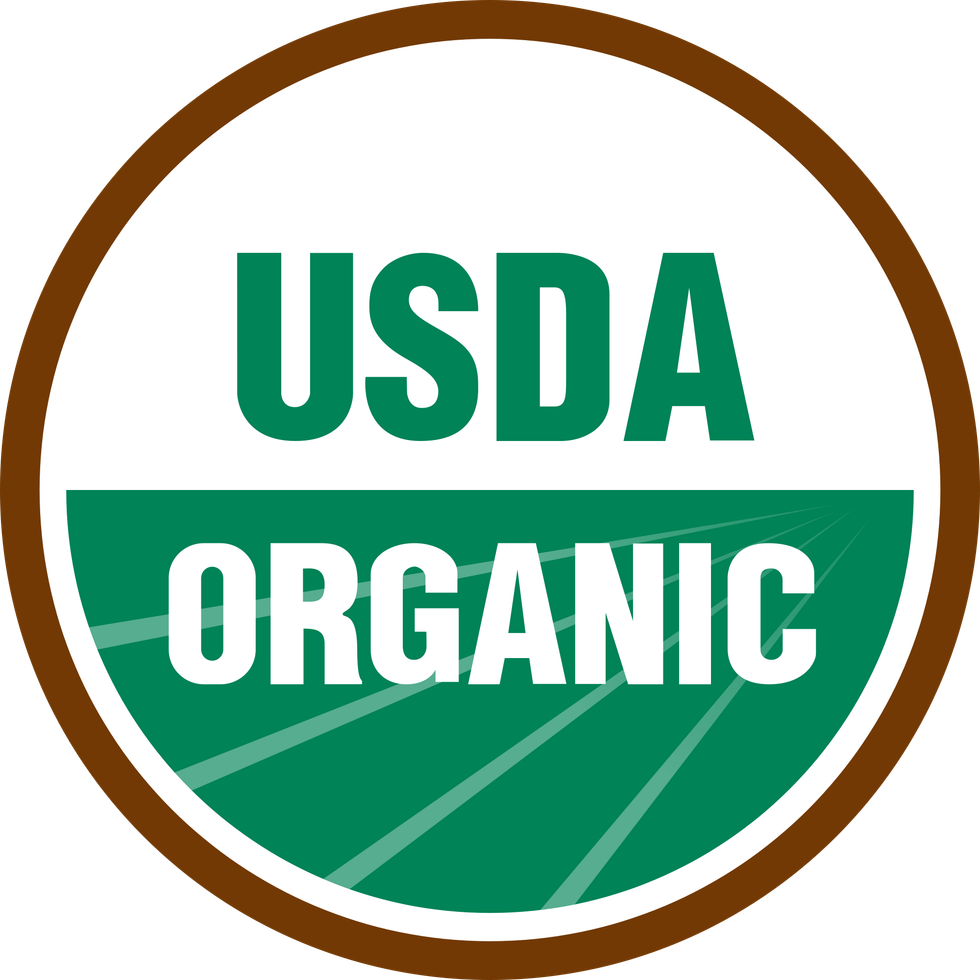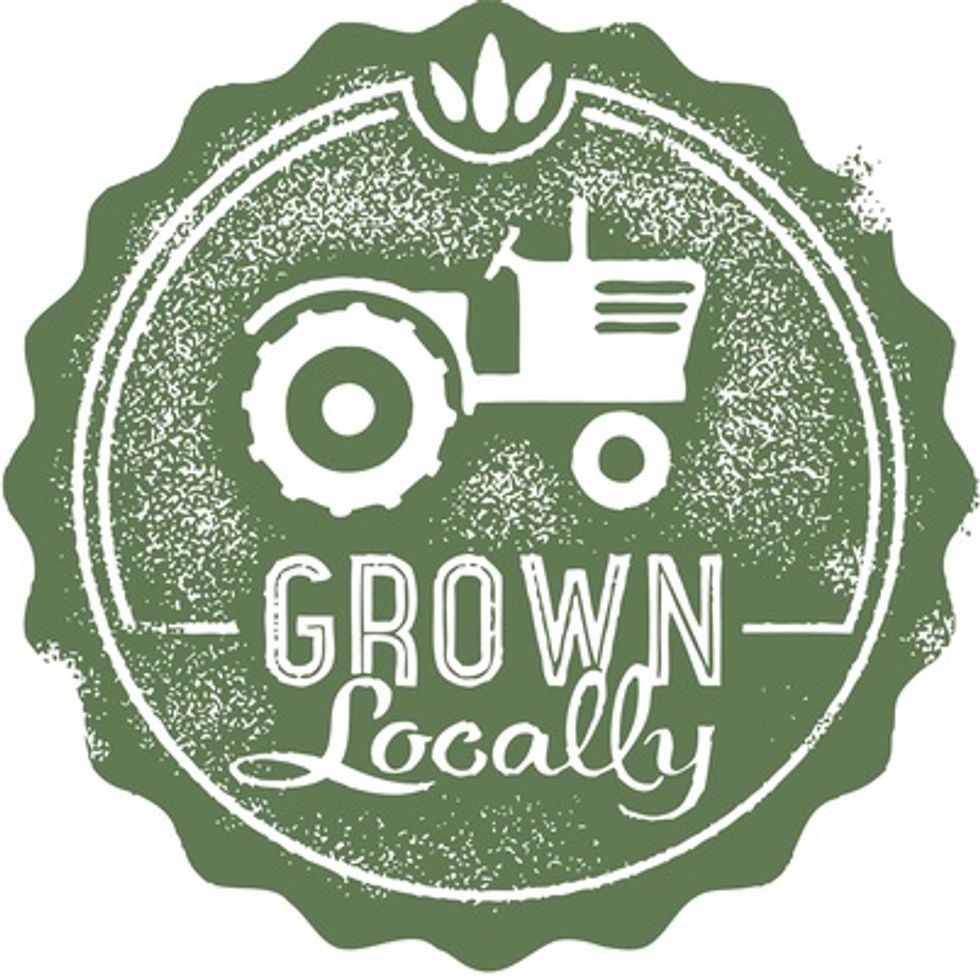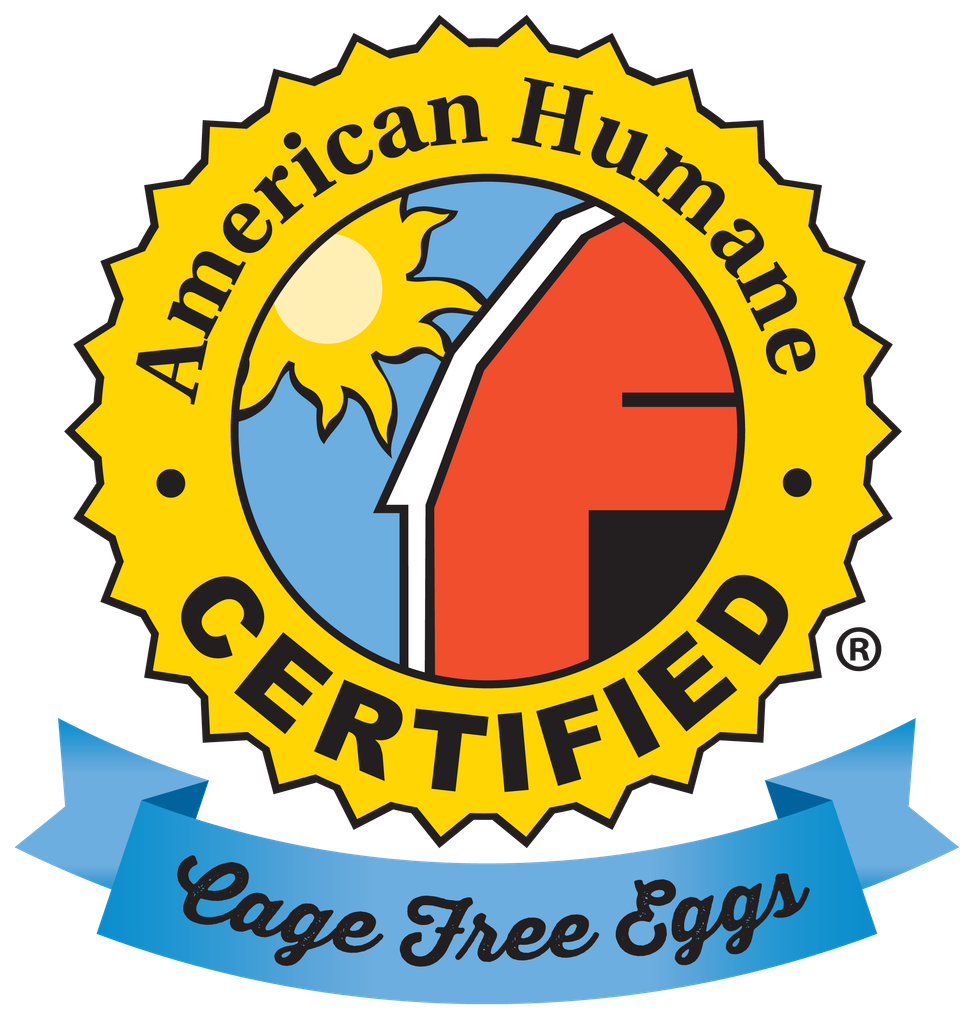Whether it is you are walking around the grocery store or you're watching TV and see an advertisement for a food company, there are agriculture buzzwords and misconceptions surrounding our society. Trying to find out what these labels or phrases mean can be confusing and alarming, and searching the web is filled with conflicting information. This article is to address the important things, anyone, no matter your background or personal beliefs, should know about the agriculture industry.
1. Organic
According to the USDA, certified organic foods are:
"grown and processed according to federal guidelines addressing, among many factors, soil quality, animal raising practices, pest and weed control, and use of additives. Organic producers rely on natural substances and physical, mechanical, or biologically based farming methods to the fullest extent possible."
Organic food labels can be on everything from produce, meat, or even milk. Just because a product has this label on it, does not mean it is healthier than conventional farming. A major misconception with organic is that organic products have better health benefits compared to products raised in conventional farming. There are studies done that show slight increases in Omega-3 fatty acids and other nutrients in organic products, but the increases are not major. You wonder why organic food may be more expensive? It is because organic produce is harder to grow and maintain because they are more susceptible to harsh weather and insects. There is a higher risk of growing organic products, and it uses more land resources to grow compared to conventional farming.
2. GMO
A GMO or a Genetically Modified Organism has been a been a hot topic for quite some time. If you Google "GMO" you can read many articles that can be giving conflicting facts about what these organisms are about. One concern that is raised is that GMO's cause death and illness in the people who consume food with GMO's, but there have been no studies that show this case. A Ph.D. student at Harvard looked at case studies done with the correlation of GMO's and the long-term health of consumers, the article they wrote showed no correlation of health problems, whether it is organ failure, infertility, or generational defects later on.
3. Local
Another label that can be confusing while you are standing in the produce aisle is the "local" label. One misconception is that "local" means "organic", a study of over 2,000 people in 2011 showed that one in five Americans believe that being "local" means that the food is organic. Yes, freshness is great for produce to ensure the best overall product that you buy, but there is no definite description of what "local" is. The general idea is that the food is grown within a 100-mile radius of where you are. This loose definition is a problem on its own because it makes shopping even more confusing. This label is misleading though, and because if it organic farming has actually taken a negative hit. Click on the image above to learn more about this growing issue.
4. Corporate Farms
97% of all United States farms are family owned operations out of the 2.1 million farms in the nation. Farmers only make up less than two percent of the nation's population but on average a farmer feeds around 150 people. A misconception facing agriculture today is that many assume that large corporations have taken over the farming industry, and, yes, there are some corporations that own farming operations, but the backbone of farming is run by families, whether on the East or West Coast or in the heart of the Midwest. Another misconception about farming practices concerns "conventional" farming, whereas farmers may use GMO products or pesticides in their fields. The reason why conventional farming is still around and isn't slowing down is that the global population is increasing at a rapid rate. With the increasing population, we have less valuable farmable ground left. Using conventional farming practices like genetically modified organisms can help increase the yields farmers are having but with less amount of land, and raising livestock in confinement situations for their safety and less land use. The methods of farming are under a microscope, and it is important to know the differences and facts between methods.
5. Cage Free
Another label that can make you crack under pressure while in the grocery store concerns the process of eggs being made to being in the grocery aisle. The USDA talks about the differences between what cage-free and free-range mean. To be considered free-range, there must be a minimum of two square feet of outdoor space per bird. The term cage-free means that the poultry does not live in cages, but there are no specific restrictions. The birds are usually indoors. Pasture-raised is also a label used on egg cartons now, but the USDA does not regulate this particular label, which is a thing to keep in mind while shopping as well.
6. Antibiotic-free

7. Artifical Growth Hormones
Growth hormones or Bovine Somatotropin are naturally occurring peptides in all dairy products, this label is misleading because growth hormones are in these products. The misconception about this label is that it makes milk without the artificial growth hormone (Bovine Somatotropin) is better for you compared to the milk with artificial growth hormones (Recombinant Bovine Somatotropin). Also, consumers are concerned about that milk can cause a rise in cancer because of IGF-1 (insulin-like growth factor 1.) There is more IGF-1 in your saliva and drinking soy milk raises IGF-1 levels more than dairy milk does. The dairy industry has many misconceptions about who they are and what they do, but the best thing to do is just to ask questions instead of just "googling" your concerns.
8. Grassfed
To be considered grass fed by the USDA, the only requirement is that the animal eats grass or forage. The misconception between grassfed and grain raised livestock, for example, beef, is that grassfed is considered healthier compared to grain finished cattle. The case though according to a Texas A&M study, says that there is no significant health difference between these two. Most Americans consume ground beef, which is a higher fat content compared to other cuts of beef, but if you are wanting to be health conscious, choosing grassfed is not the big difference, it is picking leaner cuts of beef.
9. Natural
Check out the GMO video from earlier in this article, but just like "local," "natural" has a loose definition of what it means. A survey done by Consumer Reports covered 1,005 adults to find that more than half of the consumers "usually seek out products with a "natural" food label, often in the false belief that they’re produced without genetically modified organisms, hormones, pesticides, or artificial ingredients." This survey result is troubling because the label "natural" has no clear meaning and is not regulated by the FDA. So any food can have this label on the front and can misguide consumers into buying food. Consumer Reporter actually petitioned in 2014 to have food companies to remove the label because of the miscommunication to consumers.
10. Farmers Only
This really isn't a buzzword, but one major misconception about agriculture is that the only people who work in the agriculture industry are farmers. Farmers are critical for the agriculture industry, but they are not the only employees in this industry. In 2016, there were 21.4 million full-time and part-time jobs related to agricultural and food sectors. The agriculture industry makes up 11% of the US employment, and jobs continue to open up as time goes on. There are more jobs out there than there are people going into this field. If you are interested in business, engineering, or food sciences, the agriculture industry has a career for you.
Whether you know what these buzzwords or not, it is important as consumers to truly understand the food that we eat. No matter what food choices you make, it is important to know the facts to make sound decisions for meal plans. Start a conversation and find out more about the agriculture industry, and if you have more questions find agriculturalists or local organizations like the Farm Bureau to answer your concerns.
As agriculturists, we cannot point blame if consumers do not understand what we do, it is part of our job to educate others of the tasks we take on. As agriculturists, we need to be proactive rather than reactive when it comes to what is being said about the industry.
The next time you go to the grocery store, think about these facts and do your research on food because, in the end, it is about making the best decision for you and your family.



























